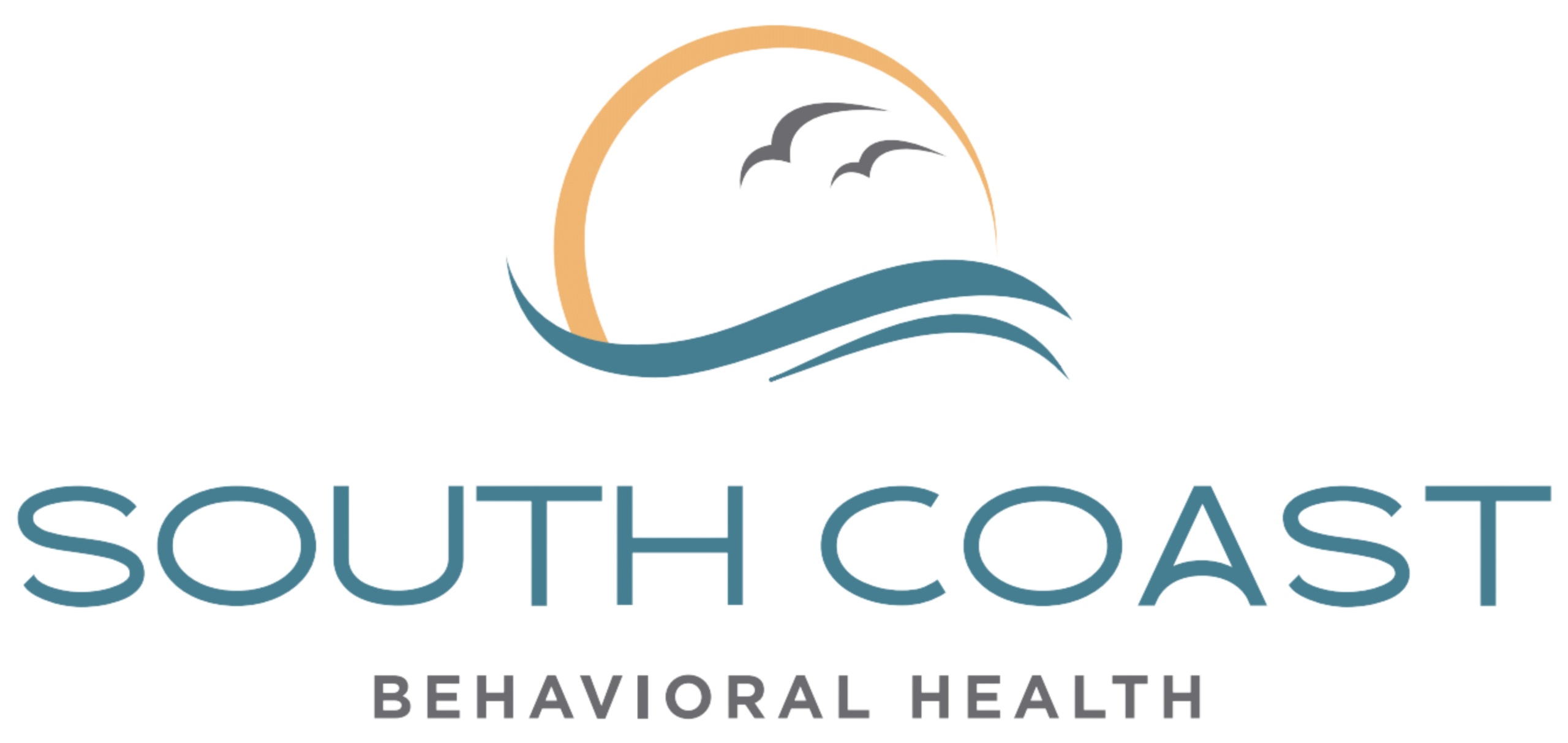If you find yourself overwhelmed by anxiety, you may be suffering a nervous breakdown. This condition can be quite debilitating and may require professional mental health treatment. In this article, we’ll tell you what you need to know about this condition.
What Is a Nervous Breakdown?
A nervous breakdown is when someone becomes overwhelmed by anxiety or stress. It’s not exactly a medical diagnosis, but it is real. Health professionals today use the term “mental health crisis” to describe this condition.
The phrase “nervous breakdown” likely comes from older ideas of the nervous system being closely linked to emotions and mental health. You see remnants of this idea when people talk about “getting up the nerve” to do something unpleasant or describe their failure to do so as a “failure of nerves.” While it doesn’t literally involve the nerves in a biological sense, it reflects how people used to think about the body and mind being interconnected through the nervous system.
When a person has a nervous breakdown, they are unable to cope with daily life. During this time, a person might have trouble functioning—struggling to work, socialize, or even complete simple tasks.
Because “nervous breakdown” isn’t a technical diagnosis, it can be hard to find data on how many Americans experience one. However, if we take anxiety as a key aspect of the condition, studies indicate around 18% of American adults experience a nervous breakdown each year.
What Are the Signs of a Nervous Breakdown?
Here are some signs to look out for to recognize a nervous breakdown:
- Feeling paralyzed by anxiety or depression
- Frequent panic attacks or intense fear
- Difficulty concentrating or making decisions
- Social withdrawal—avoiding family, friends, and responsibilities
- Physical symptoms like headaches, stomach problems, or fatigue
- Sleep issues—either insomnia or excessive sleeping
- Feeling emotionally detached or numb
The breakdown itself often feels like a “crash” after a prolonged period of stress or pressure, leaving the individual unable to cope with normal routines.
Is a Nervous Breakdown the Same Thing as a Psychotic Break?
It’s not the same as a psychotic break, though there can be overlaps. A psychotic break involves losing touch with reality, often including hallucinations or delusions. A nervous breakdown, on the other hand, generally refers to an extreme reaction to stress or emotional strain without necessarily losing touch with reality.
Get confidential help from our addiction treatment specialists in Orange County. Call to join our rehab program today!
Call 866-881-1184How Are Nervous Breakdowns Treated?
Treating a nervous breakdown involves addressing both the underlying causes of stress and the symptoms that the person is experiencing. The goal is to help the individual regain control of their life, manage their stress, and improve their mental health. Treatment options may include a combination of counseling, medication, and lifestyle changes.
Counseling options for treating a nervous breakdown:
- Cognitive Behavioral Therapy (CBT): CBT helps people challenge negative or unhelpful beliefs and change them. It’s one of the most common therapies for treating anxiety, depression, stress, and other mental illness.
- Eye Movement Desensitization and Reprocessing (EMDR): This technique allows you to focus your eyes in a certain way while you work through distressing memories. Your recovery from trauma or other upsetting life situations is the aim of EMDR.
- Mindfulness: Mindfulness teaches you to stay present in the moment – to accept negative emotions without letting them impact you. This type of therapy is effective for people who experience overwhelming stress or anxiety by helping them cultivate a calm and focused mind.
There are also a variety of medications that can treat a nervous breakdown:
- Anxiolytics: These are anti-anxiety medications that can provide immediate relief for mental health conditions like anxiety or panic attacks. Types of anxiolytics include benzodiazepines or beta blockers. While habit-forming, when used correctly, they can provide much-needed central nervous system relief in moments of acute stress.
- Antidepressants: For people who are experiencing symptoms of depression, antidepressants such as SSRIs (Selective Serotonin Reuptake Inhibitors) or SNRIs (Serotonin-Norepinephrine Reuptake Inhibitors) may be prescribed. These medications help balance chemicals in the brain that affect mood and can improve feelings of well-being over time.
Other drugs that can help with anxiety may include drugs like Xanax and Gabapentin. These are not anxiolytics. Xanax is a benzodiazepine; Gabapentin, while not technically an anti-anxiety drug (it was developed as an anticonvulsant), also has shown promise in treating anxiety symptoms seen in nervous breakdowns.
A comprehensive plan to treat a mental breakdown will often combine both of these approaches to address different aspects of the person’s mental and physical health. For example, someone might take medication to relieve anxiety while working through their stress triggers in therapy and making lifestyle changes for long-term stress management and improved mental health conditions.
Looking for quality substance abuse treatment that’s also affordable? South Coast accepts most major insurance providers. Get a free insurance benefits check now.
Check Your CoverageMental Health Treatment at South Coast Behavioral Health
If you or a loved one are seeking treatment for mental health issues, South Coast Behavioral Health is here to help. We offer addiction treatment in Southern California and mental health treatment in Oklahoma City.
Our medical detox program in California is staffed by caring and compassionate professionals who can provide you with medications to manage your withdrawal symptoms.
At South Coast, we take pride in offering care that is closely tailored to specific issues. To that end, we offer gender-specific detox programs, with medical detox for men in Irvine, CA, and medical detox for women in Huntington Beach, CA.
After detoxing, proper treatment can begin.
Treatment for substance abuse takes place along an entire spectrum of care. Along that entire spectrum are various behavioral therapies, support groups, and the use of medically-assisted treatment (MAT).
These levels of treatment are, in order, as follows:
Residential Treatment in California
After successfully completing medical detox, you’ll receive inpatient treatment in Orange County, California. There, you’ll receive medically-assisted treatment and dual diagnosis treatment to deal with any cravings or co-occurring mental health issues you may be battling.
We also offer residential treatment facilities in Costa Mesa, Irvine, and Huntington Beach for those who desire gender-specific treatment. There, patients get round-the-clock medical attention and monitoring while living at the institution full-time. We also offer anxiety treatment in Costa Mesa.
In addition to individual and group counseling and medication management, you’ll also have access to leisure activities and family support services.
Partial Hospitalization in California
Most clients start substance abuse treatment with South Coast in our residential treatment program. After completing that, many desire something that still provides structure and support but with extra space and time to oneself. For that, we offer Partial Hospitalization in Newport Beach.
A step down from inpatient care but with more structure than conventional outpatient programs, partial hospitalization offers a good balance for those looking to ease back into normal life. Clients can receive care five to seven days a week for a number of hours each day, returning back to their homes in the evening.
This way, they can recover without putting their daily lives completely on hold, receiving intense therapeutic interventions like group and individual therapy, skill development, and medication management as necessary.
Intensive Outpatient Treatment in California
For those leaving inpatient residential treatment or partial hospitalization, intensive outpatient programs (IOP) are yet another gradual step forward on the road to recovery.
With a focus on group therapy, individual counseling, and education, clients undergoing Intensive Outpatient Treatment in Newport Beach can meet three to five days a week. Each session lasts three hours.
This level of care requires the least amount of attendance at a facility.
Get Started Today
If you or a loved one are struggling with nervous breakdowns but wonder how long treatment takes or have other questions, call us at 866-881-1184 or contact us here. Our highly qualified staff will be happy to help you and give you an idea of what to expect.























